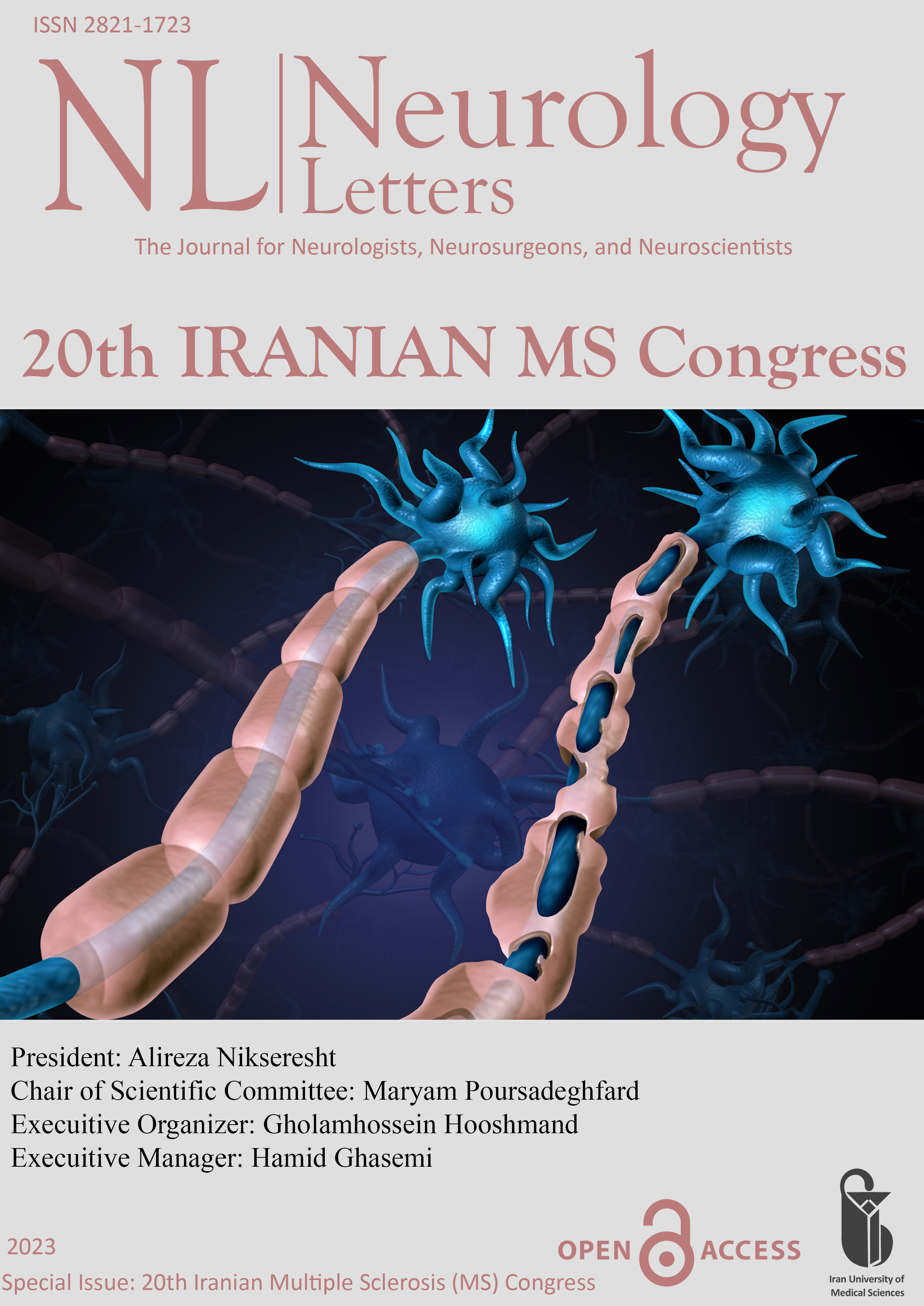Care ethics and empathic Practices in dealing with MS Patients (ORP-62)
Document Type : Oral Presentation
Author
.
Abstract
Empathy is often mistaken for pity and sympathy. In practice, when, instead of empathising, sympathising is bold, connections are broken, and a person finds a sense of sacrifice and uncontrollability, rather than hope and motivation.
In sympathy, our compassion makes the patient feel poor and see himself as a victim of compulsive conditions. The result of this compassionate model will be hopelessness, frustration, depression, and abandonment of treatment. When I feel sympathy, I actually expose myself to the same pain that afflicted the patient. His pain hurts me, and I react to his pain with my judgements and my mental outlook. I am standing besides him and suffering with him.
But in empathy, I try to figure out what he wants and what he needs. With me, I put a light on my hand, I walk next to him, I listen, I explore, and I try to see his problem and know the point of his pain. Without judgement and without entering my own thoughts. Empathy does not end here. I sit next to my patient, listen to his feelings and emotions, to understand his needs and help him to improve his condition as much as I can.
It has principles and guidelines: The first step is listening. We listen to him so that we can see his perspective. To find out what his perceptions of illness and concerns are, how much information is right or wrong about illness? We go ahead with him and explore and try to empty our minds from all judgements and labels and accept him and his view as he is.
The next step is to encourage him to recognise and name his feelings. Fear, anger, disappointment, loneliness, shame, and... There are feelings that our patients are likely to experience in these circumstances, and we encourage them to talk about them.
We’re not going to show him that the disease isn’t as big as he thinks. We’re not going to tell him that it might be worse than this or that there are more dangerous diseases than his. We are not going to tell him that life is beautiful; see its beauty and enjoy it. All of these phrases make patients feel incomprehensible.
I’m going to tell him that, it’s quite natural that you’re experiencing those feelings. It’s great that you’re here now because we’re a professional team that stands by you, and you aren’t alone, you are in the right place. These words make people feel connected and belonging. Social support and, social interest and trust are three key factors in human resilience and we raise them with empathy. Although some people are more empathic, fortunately, empathy is a skill. To be empathic, we need to practice listening well, and looking non-judgmentally, and raising our emotional awareness.
Keywords
 Neurology Letters
Neurology Letters
